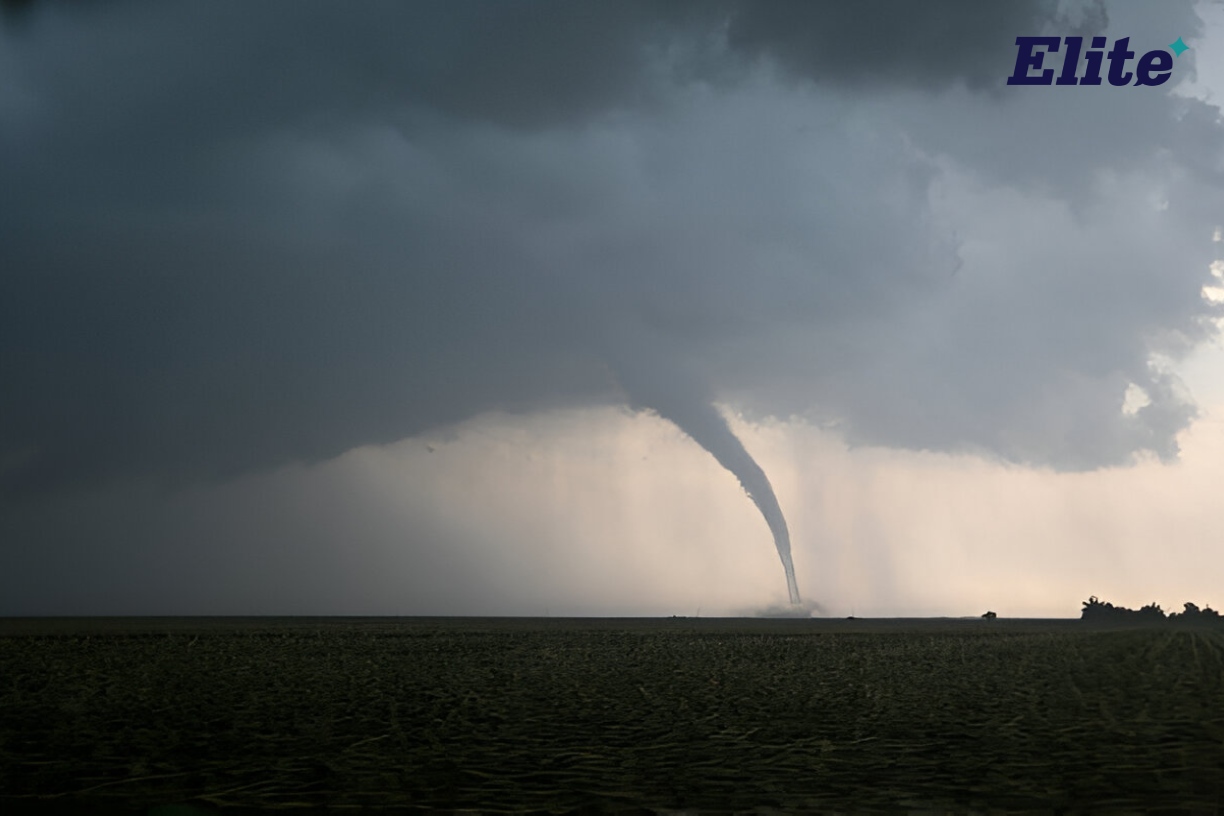
Stay Safe in Florida: Learn the Basic English Terms for Hurricane and Storm Emergencies
- Posted by Katya Pizarro
- Categories Academic English, Culture
Stay Safe in Florida: Learn the Basic English Terms for Hurricane and Storm Emergencies
If you’re new to Florida and not yet fluent in English, learning the basic emergency terms related to hurricanes and storms is essential. When hurricane season arrives, you’ll see warnings and advisories in English, and understanding these terms can keep you and your family safe. This guide will cover key phrases, explain their meaning, and offer tips on pronunciation to help you navigate this new reality with confidence.
American Office Vocabulary
1. Hurricane Watch vs. Hurricane Warning
One of the most important distinctions to understand is between a Hurricane Watch and a Hurricane Warning.
- Hurricane Watch means that hurricane conditions are possible within 48 hours. It’s a heads-up to start preparing.
- Hurricane Warning means that hurricane conditions are expected within 36 hours. By this point, you should have your emergency plan ready and take immediate action.
Pronunciation tip:
Watch rhymes with match, and warning has a clear “r” sound in the middle, making it different from “waning.”
2. Storm Surge
A storm surge refers to the rise in sea levels during a hurricane, which can lead to flooding. It’s one of the most dangerous aspects of a hurricane. When authorities warn of a storm surge, it’s crucial to move to higher ground.
Pronunciation tip:
“Surge” sounds like “merge,” with a soft “g” sound at the end.
3. Evacuation Order
An evacuation order is an official directive telling residents to leave an area for safety. These orders are usually given when there’s a high risk of flooding, wind damage, or other dangers.
Do: Follow evacuation orders immediately to avoid being stuck in dangerous conditions.
Don’t: Wait until the last minute to leave; roads can become congested, and resources like gas and food may become scarce.
Pronunciation tip:
The word evacuation is pronounced ee-VAK-yoo-ay-shun. Focus on the “vak” sound to ensure clarity.
4. Shelter
A shelter is a safe place where you can stay during a hurricane if you’re unable to evacuate. Local governments typically open emergency shelters for residents who don’t have a safe place to go.
Do: Identify your nearest shelter before hurricane season.
Don’t: Assume your home is safe if it’s in a flood zone or an area prone to storm surge.
Pronunciation tip:
The word shelter is pronounced SHEL-ter. The “ter” is soft, similar to the word “better.”
5. Tropical Storm
Before a storm reaches hurricane strength, it is classified as a tropical storm. These storms can still cause damage, so it’s important not to ignore warnings about them.
Pronunciation tip:
The word tropical is pronounced TROP-i-kal. The “trop” sounds like “crop,” with emphasis on the first syllable.
Understanding emergency terminology is key to staying safe during hurricane season in Florida. Without this knowledge, you may miss critical instructions or misunderstand what actions you need to take. By improving your English with Elite Language Academy, you’ll not only gain confidence in everyday interactions, but you’ll also be better prepared to handle situations like hurricanes and storms.
Take the first step in learning essential English skills—explore our programs at Elite Language Academy and make sure you’re ready for any emergency Florida throws your way!
Tag:usa culture, vocabulary, work, work culture, workplace
Dr. Pizarro is the Founder and President of Elite Language Academy, a language center in the USA. As an innate educator, she lectures as a Professor at Broward College in Florida. Her research interests and publications relate to TESOL education, multiculturalism, schooling settings with ESL students, and professional development. Her dissertation Exploring Private School Teachers’ Perceptions and Pedagogical Efficacy with English language Learners has effectively contributed to ESL teaching in the U.S. She has frequently delivered presentations at Annual TASS, Teaching Academic Survival, and Success Conferences.
You may also like

Season’s Greetings in Spanish: Essential Phrases for celebrate.

Achieve Your Language Goals in 2025: The Secret Power of Consistency

